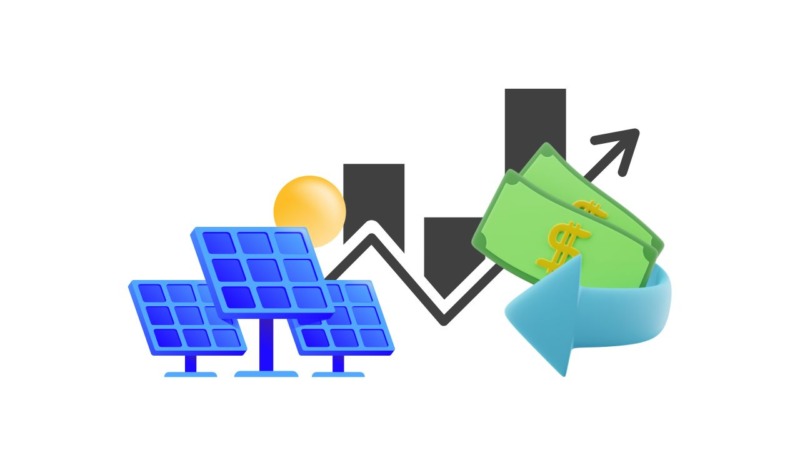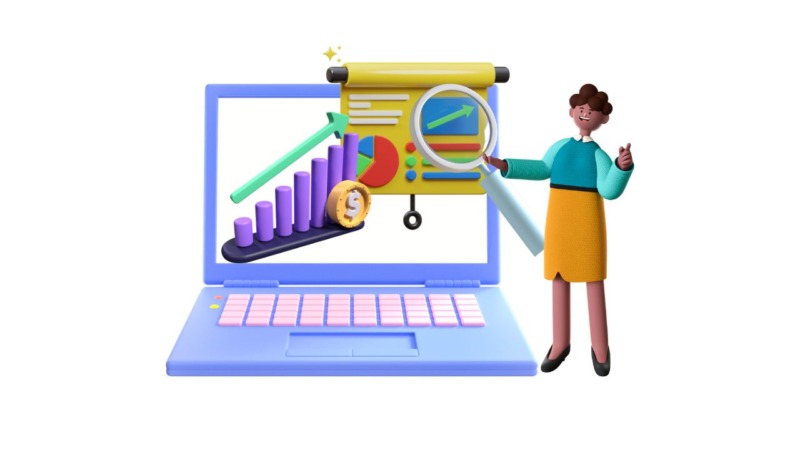Sustainable investing has gained momentum in recent years. More people want their money to support good causes, which has caught the eye of regulators around the world. They’re stepping in to shape how sustainable investing works.
New rules are changing how companies report on sustainability and how investors measure it. The European Union is leading the charge, rolling out laws like the Corporate Sustainability Reporting Directive. These rules require companies to share more information about their environmental and social impact, which helps investors make smarter choices.
Regulations are also pushing investors to be clearer about their sustainable investing strategies. They must explain how they pick investments and what impact they aim for. This is making sustainable investing more trustworthy and helping it grow. More people feel safe putting their money into sustainable options as rules get clearer.
Table of Contents [show]
Overview of Key Regulations

Sustainable investing has surged in recent years. With this growth comes more rules, and regulators worldwide are creating new guidelines to shape the industry.
The EU leads the way with several key regulations. The Sustainable Finance Disclosure Regulation (SFDR) aims to increase transparency. It requires financial firms to reveal how they handle sustainability risks.
Another important EU rule is the Taxonomy Regulation. This system classifies which economic activities count as sustainable. It helps investors and companies understand what “green” really means.
In the US, the Securities and Exchange Commission (SEC) is becoming more involved. They’re working on rules to require companies to report climate-related risks, which could change how firms disclose their environmental impact.
Some countries are going even further. France, for example, has passed laws requiring investors to report on climate risks, and the UK plans to make climate risk reporting mandatory for large companies.
These regulations are changing how investors work. They’re pushing for more data and clearer standards. As a result, sustainable investing is becoming more defined and measurable.
But it’s not just about following rules. These regulations are also creating new opportunities. They’re helping to channel more money into sustainable projects and companies.
Impact on Investment Choices
Regulations are reshaping how investors approach sustainable investing. New rules require more transparency about ESG factors in financial products, which is pushing fund managers to be clearer about their strategies.
The EU’s Sustainable Finance Disclosure Regulation (SFDR) is a big change. It requires financial firms to explain how they handle sustainability risks and show how their products align with environmental goals.
These rules affect the types of investments available. Some funds may change their holdings to fit the new categories, and others might close if they can’t meet the standards.
Investors now have more information to compare sustainable options, which could lead them to shift money into funds with stronger ESG credentials.
Here’s how regulations might influence investment choices:
- More focus on measurable impacts
- Increased demand for companies with good ESG scores
- Growing interest in “green” bonds and climate-related investments
- Less greenwashing as claims face more scrutiny
Asset managers are adapting their offerings. They’re creating new products that fit regulatory definitions of sustainable investing.
The trend is toward more specialized sustainable funds. These might target specific environmental or social issues. Examples include clean energy ETFs or gender equality-focused portfolios.
Regulations are also pushing for better data. Investors want reliable ESG metrics to guide their choices. This demand is driving growth in ESG ratings and analytics services.
See Related: Supply Chain Sustainability: Everything You Need to Know
Compliance Requirements
Sustainable investing faces a growing web of regulations. Asset managers and financial advisors must navigate complex rules to stay compliant. The EU’s Sustainable Finance Disclosure Regulation (SFDR) is a key piece of legislation in this space.
SFDR requires firms to disclose how they consider sustainability risks in their investment processes and report on the adverse impacts their investments have on environmental and social factors.
Key SFDR compliance requirements include:
- Classifying funds based on sustainability objectives
- Publishing sustainability risk policies
- Providing pre-contractual disclosures on ESG factors
- Reporting on principal adverse impacts annually
Beyond SFDR, other regulations like the EU Taxonomy add further compliance burdens. Firms must assess which economic activities qualify as environmentally sustainable under strict criteria.
Regulators are also cracking down on “greenwashing.” Investment products marketed as sustainable face increased scrutiny. Firms need robust data and processes to back up their ESG claims.
Compliance costs are rising as a result. Many asset managers are hiring ESG specialists and upgrading their reporting systems. However, regulations also create opportunities for those who adapt quickly.
Firms that excel at ESG compliance can differentiate themselves. They may attract more capital from sustainability-focused investors, and strong ESG practices can also help mitigate reputational and regulatory risks.
See Related: Inspirational Quotes About Sustainability to Know
Investor Responsibilities

Sustainable investing has gained momentum in recent years. Investors now face new obligations related to environmental, social, and governance (ESG) factors.
Many countries have introduced regulations requiring investors to consider ESG risks. This shifts the focus beyond just financial returns. Investors must now evaluate how their choices impact society and the planet.
Some key responsibilities include:
- Conducting ESG due diligence
- Reporting on sustainability metrics
- Engaging with companies on ESG issues
- Integrating ESG factors into investment decisions
Fiduciary duty is evolving. Investors are expected to think long-term and account for sustainability risks. This represents a major change in how many approach their role.
Stewardship has become more important. Investors are encouraged to be active owners, which means voting on ESG proposals and pushing companies to improve their practices.
Transparency is another key area. Regulators want investors to disclose more about their ESG approach. This allows clients to better understand how their money is being managed.
Climate change is a top priority. Investors face pressure to measure and reduce the carbon footprint of their portfolios. Some are setting net-zero emissions targets.
While regulations differ globally, the trend is clear. Sustainable investing is becoming the norm, not the exception. Investors who fail to adapt may face reputational and financial risks.
See Related: What Are Green Personal Loans? Examples & Key Principles
Regulatory Trends to Watch

The sustainable investing landscape is changing fast. New rules are popping up around the world. These aim to make green investing clearer and more trustworthy.
The European Union is leading the way. It’s fine-tuning existing laws and creating new ones. The European Green Bond Standard, which started in late 2023, sets clear rules for green bonds.
Many countries are cracking down on greenwashing. They want to stop false claims about eco-friendly investments. Regulators are taking a harder look at how funds market themselves.
Climate change is a major focus. Rules are forcing investors to consider how their choices affect the planet. Some places now require companies to report their carbon footprints.
Social issues are also receiving more attention. New laws may require investors to consider things like worker rights and community impact.
Data is key. Regulators want better information on ESG factors, which could mean new reporting rules for companies and investors.
Some worry these rules might slow growth. There’s debate about finding the right balance between green goals and economic needs.
The U.S. is catching up. The SEC is working on climate disclosure rules. This could change how American companies report environmental risks.
As rules evolve, investors need to stay alert. What’s allowed in one country might not fly in another, and the global nature of investing makes this tricky.
Kyle Kroeger, esteemed Purdue University alum and accomplished finance professional, brings a decade of invaluable experience from diverse finance roles in both small and large firms. An astute investor himself, Kyle adeptly navigates the spheres of corporate and client-side finance, always guiding with a principal investor’s sharp acumen.
Hailing from a lineage of industrious Midwestern entrepreneurs and creatives, his business instincts are deeply ingrained. This background fuels his entrepreneurial spirit and underpins his commitment to responsible investment. As the Founder and Owner of The Impact Investor, Kyle fervently advocates for increased awareness of ethically invested funds, empowering individuals to make judicious investment decisions.
Striving to marry financial prudence with positive societal impact, Kyle imparts practical strategies for saving and investing, underlined by a robust ethos of conscientious capitalism. His ambition transcends personal gain, aiming instead to spark transformative global change through the power of responsible investment.
When not immersed in finance, he’s continually captivated by the cultural richness of new cities, relishing the opportunity to learn from diverse societies. This passion for travel is eloquently documented on his site, ViaTravelers.com, where you can delve into his unique experiences via his author profile. Read more about Kyle’s portfolio of projects.
